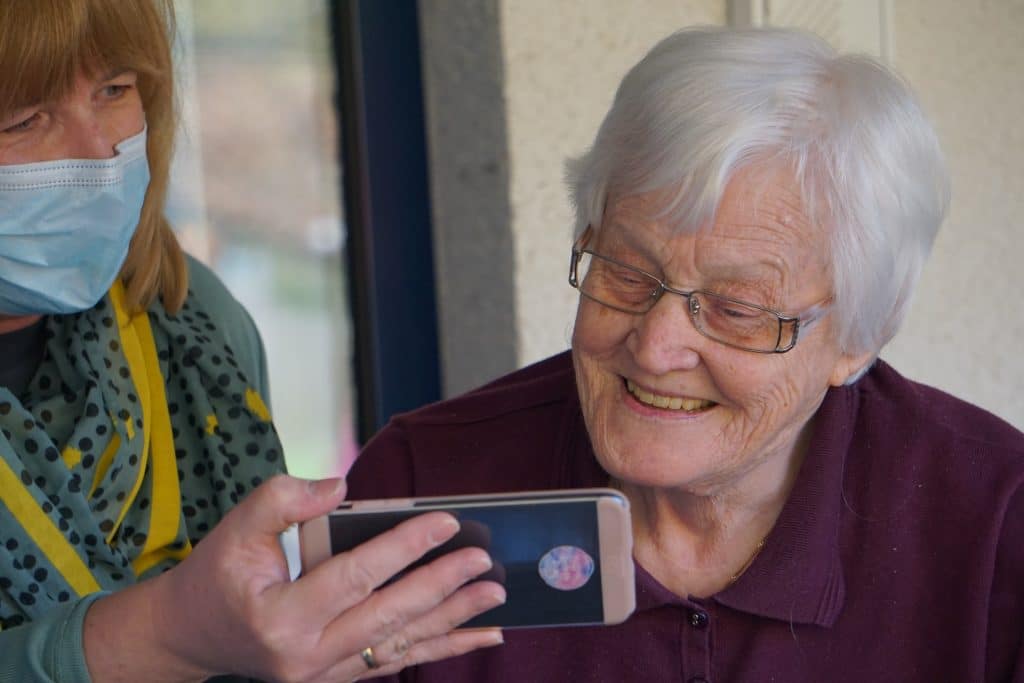If your loved one has lost mental capacity, and you worry about them making decisions for themselves, don’t worry. You can make an application to the Court of Protection for deputyship, allowing you to make decisions on their behalf.
For more information, please visit our Mental Capacity Act 2005 page. Furthermore, if you want to contact a solicitor today, please call us directly on 0203 007 5500.
What is deputyship?
Deputyship is when you get legal authority to make decisions on someone else’s behalf. You can only make an application to become someone’s deputy when the person you want to make decisions for has lost mental capacity. Additionally, the person who has lost mental capacity can’t have an appointed lasting power of attorney (LPA) or enduring power of attorney (EPA).
What is mental capacity?
Mental capacity is when you have the mental ability to both make and communicate your own decisions. Therefore, in a circumstance where you lose mental capacity, someone who meets the application requirements can apply to become your deputy to make decisions on your behalf.
How to apply for a deputyship?

To apply for deputyship, you will need to make an application to the Court of Protection. When making this application, you will need to complete at least four forms and provide an accompanying doctor’s certificate. The doctor’s certificate will confirm that the person in question is incapable of making decisions for themselves.
The relevant forms you will need to complete to make an application will depend on whether you want to make decisions on someone’s behalf regarding health and welfare or financial affairs. As a result, it’s beneficial to use a solicitor to ensure you have the best possible chance of the Court of Protection granting your deputyship application.
Deputy requirements.
Deputyship is when you get legal authority to make decisions on someone else’s behalf. You can only make an application to become someone’s deputy when the person you want to make decisions for has lost mental capacity. Additionally, the person who has lost mental capacity can’t have an appointed lasting power of attorney (LPA) or enduring power of attorney (EPA).
You can only appoint an LPA when you still have mental capacity.
What is the difference between an LPA and a deputy?
The main difference between an LPA and a deputy is as follows:
LPA
An LPA is someone you appoint to make decisions on your behalf regarding health and welfare or financial affairs when you lose mental capacity.
You can only appoint an LPA when you still have mental capacity.
Deputy
If you lose mental capacity, and you haven’t already appointed an LPA or EPA, someone will need to apply to the Court of Protection to become your deputy. Depending on the application forms sent, if the application is approved, you can make decisions on behalf of that person regarding health and welfare or financial affairs.
Unlike an LPA, someone else applies to make decisions on your behalf only when you lose mental capacity.
How long does it take to get a deputyship order?
The process of applying for a deputy order from the Court of Protection, on average, takes around four to six months. However, in some circumstances, an application to become a deputy can take longer if:
- Anyone contests the application.
- The court requires additional information before making a decision.
- It takes a long time to notify any interested parties that you have made an application.










Leave a comment Your email address will not be published.